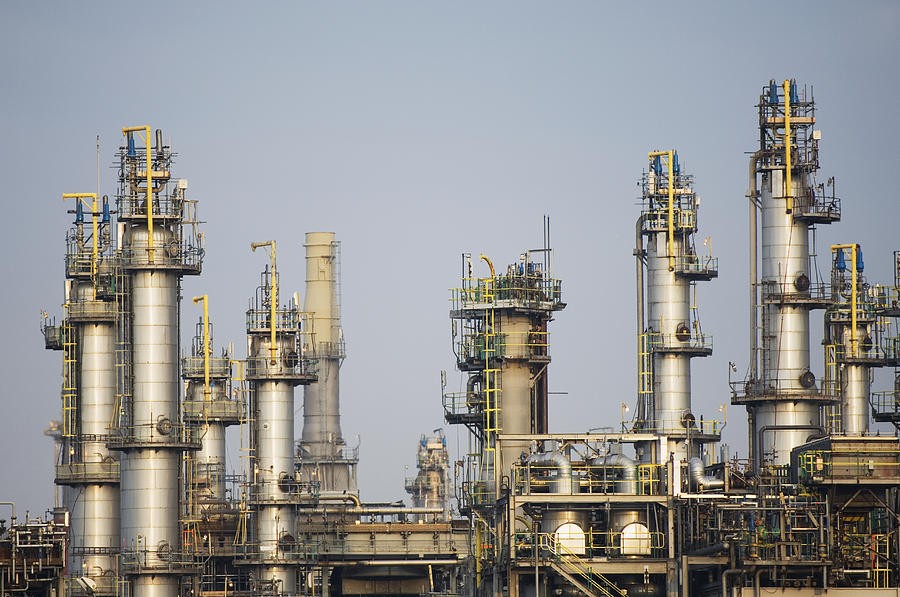Subtotal: $318.00
- +92 21 ---------
- Elevatia Learning Hub, Port Qasim, Karachi
- info@elevatialearninghub.com
Understanding of Pressure Vessel Design
Understanding of Pressure Vessel Design

Understanding of Pressure Vessel Design
Introduction:
Pressure vessels are essential components in various industries, designed to safely contain gases or liquids under pressure. Their design and construction are governed by strict codes and standards to ensure safety, reliability, and efficiency. Understanding the principles of pressure vessel design is critical for engineers and professionals involved in industries such as oil and gas, petrochemicals, power generation, and chemical processing.
Objective:
- This training provides insights into the fundamentals of pressure vessel design including material selection; basic design calculations; and compliance with industry standards.
Who Should Attend:
- Mechanical Engineers
- Mechanical Technicians & Supervisior
- Project Engineers
- Workshop Engineers
Contents:
- Introduction to Pressure Vessels
- Codes and Standards
- Material Selection for Pressure Vessels
- Design Principles and Calculations
- Fabrication and Manufacturing Processes
- Inspection; Testing; and Maintenance
- Practical Applications and Case Studies
| Course ID | Course Title | Start Date | End Date |
|---|
-
Years of Experience:
17 Years
-
Area of Expertise:
Project Management, Equipment & Piping Design, Learning & Development, Material Management, and Reverse Engineering.
-
Certifications:
Project Management Professional (PMP), API-571.
-
Achievements:
Engineering professional with 17 years of experience as Lead Project Engineer – Ammonia / Urea / DAP and Power in Fertilizer Complexes. Proficient in plant engineering design, technical issues/problem analysis, the Greenfield EPCM Project, conceptual, basic, & detailed engineering design with end-to-end project management, equipment & piping design review, design optimization, plant troubleshooting, root cause analysis, material management, and reverse engineering. Well versed in international codes and standards like ASME, ASTM, AWS, API, TEMA, ANSI, ISO, and DIN.

 HTML5 Course
HTML5 Course JS ES6 Course
JS ES6 Course PHP Course
PHP Course Python Course
Python Course WordPress Course
WordPress Course
